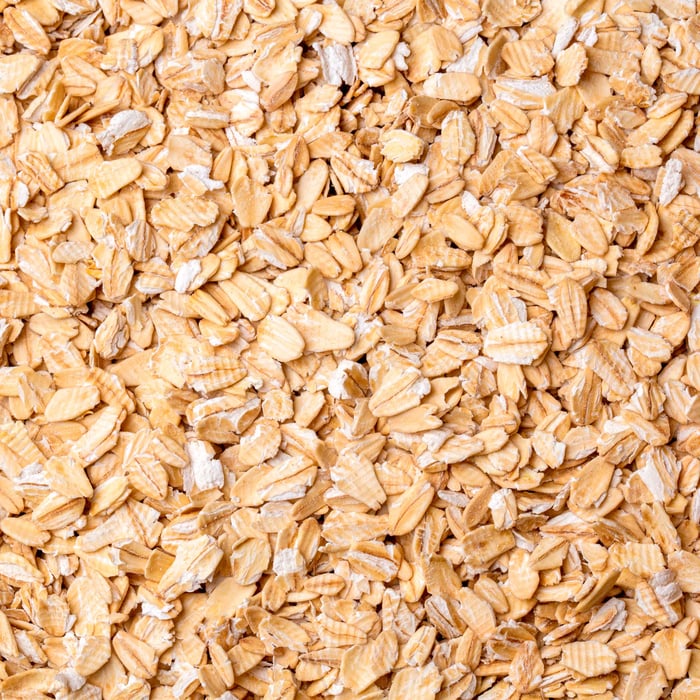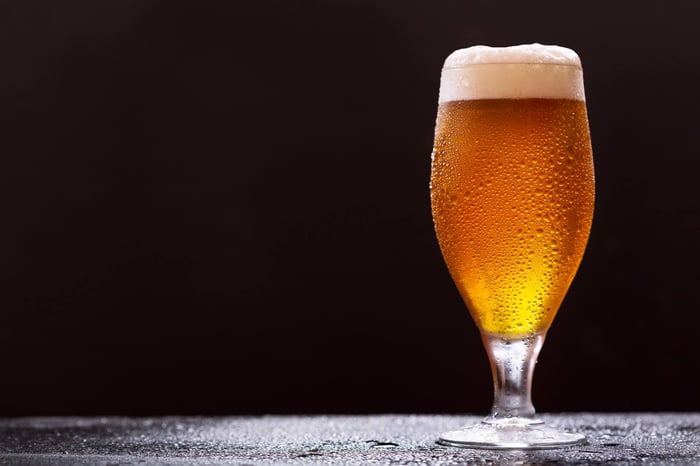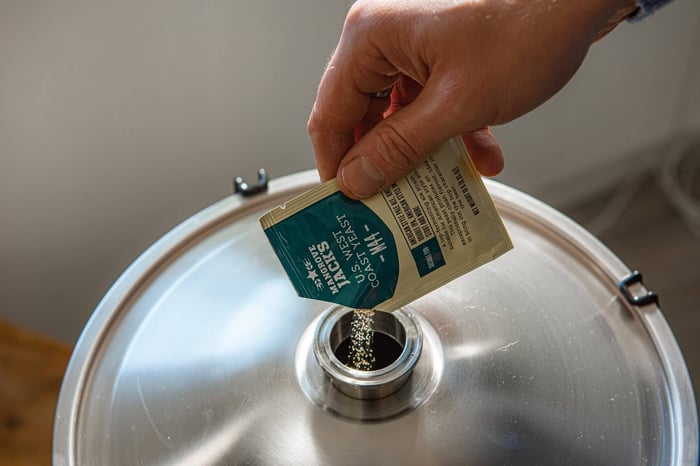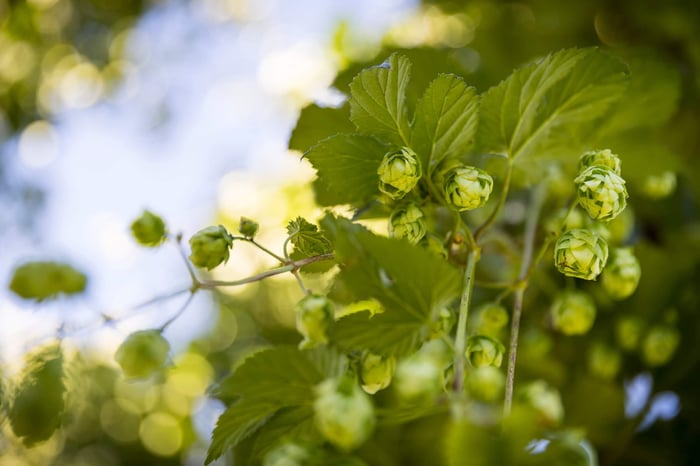The European brewing tradition has always embraced ingredients that enhance both flavour and texture. Today, we're exploring one of the most versatile adjuncts in the modern brewer's toolkit: oats. Far from being a mere substitute ingredient, oats represent a genuine enhancement to beer quality when properly understood and applied.
Adjuncts – ingredients beyond malted barley that contribute fermentable sugars – have unfortunately earned an undeserved reputation due to cost-cutting practices in industrial brewing. However, traditional European brewing has long incorporated diverse ingredients like Belgian candi sugars, rye, and various fruits. Oats deserve recognition alongside these time-honoured additions.
The Science Behind Oats in Brewing
What makes oats particularly fascinating is their unique composition. They contain significant levels of beta-glucans, complex carbohydrates that fundamentally alter beer's texture and mouthfeel. These compounds survive fermentation, creating that distinctive silky character that elevates ordinary beer into something memorable.
Research indicates that approximately 10% oat inclusion begins to influence flavour profiles, particularly in darker styles where oats contribute smoothness and subtle sweetness. However, achieving that truly distinctive oat character may require higher percentages – potentially up to 18% of the total grain bill according to contemporary brewing science.
The challenge lies in managing the increased mash viscosity that comes with higher oat percentages. Beta-glucans can create processing difficulties, making efficient lautering problematic. The solution? A targeted beta-glucan rest between 40-50°C for 30 minutes, which enzymatically breaks down these problematic compounds whilst preserving the beneficial texture-enhancing properties.
European Oat Varieties and Processing Methods
Commercial Flaked Oats - The most accessible option for European homebrewers. These pre-gelatinised oats integrate seamlessly into standard mashing procedures without additional processing. Available from specialist brewing suppliers or suitable breakfast cereals from local supermarkets.
Traditional Oat Malt - Processed similarly to traditional malted grains, oat malt offers enzymatic activity alongside the characteristic oat flavours. Particularly suitable for brewers following traditional European methods, though we recommend maintaining that beta-glucan rest for optimal results.
Whole Oat Processing (Classical Method) - This traditional approach requires creating a separate cereal mash. Combine whole oats with 30% base malt by weight – the enzymes are essential for starch conversion. Maintain hydration levels carefully; add water as needed to prevent excessive thickening. Heat gently to 70°C and maintain temperature for 5-10 minutes before incorporating into your main mash.
Contemporary Applications: Beyond Traditional Boundaries
European craft brewing has embraced oats across diverse styles, moving well beyond traditional applications in stouts and porters. Modern pale ales and IPAs benefit tremendously from oat additions, where the creamy texture provides an elegant foundation for hop expression.
Consider how Belgian witbiers traditionally incorporate wheat for texture – oats function similarly but with greater intensity. German brewers experimenting with American-influenced styles find oats particularly effective in creating beers that satisfy both traditional texture expectations and modern flavour profiles.
Featured Recipe: Continental Oat Pale Ale
This recipe demonstrates modern European oat brewing techniques:
Specifications:
- Original Gravity: 1.053
- Final Gravity: 1.015
- EBC: 8.8
- IBU: 49
- Alcohol: 4.8% ABV
Malt Schedule:
- 4.0kg Maris Otter Base Malt (77%)
- 900g Flaked Oats (17%)
- 300g Wheat Malt (6%)
Hop Programme:
- 18g Magnum (60 minutes)
- 50g Simcoe (flameout)
- 50g Citra (flameout)
- 50g Ekuanot (flameout)
- 70g Citra (dry hop)
- 70g Ekuanot (dry hop)
Process: Single-step mash at 65°C for 60 minutes
This beer exemplifies how oats enhance hop character without overwhelming subtlety. The result is remarkably smooth, with tropical hop flavours presented against a creamy, substantial backdrop that appeals to European palates accustomed to full-bodied beers.
The beauty of working with oats lies in their adaptability. Whether you're crafting a robust Imperial stout in the English tradition or developing innovative pale ales inspired by American craft brewing, oats provide texture and complexity that elevates ordinary recipes into exceptional beers.
European brewing benefits from our continental approach to ingredient quality and processing precision. When you combine these principles with the unique properties of oats, extraordinary results follow naturally.
Shop Grainfather store for all your oat brewing needs
L'équipe du Grainfather










